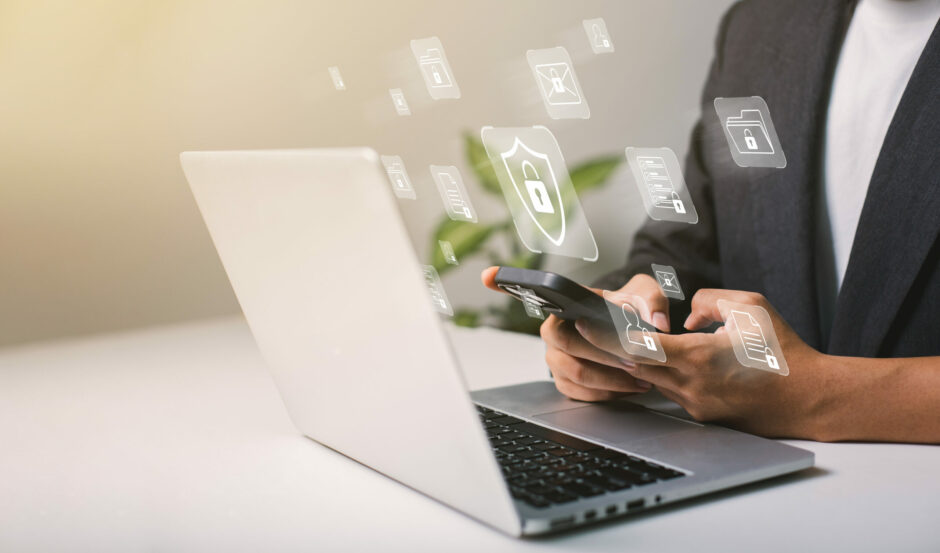What You Need to Know About Passkeys

Has your phone prompted you to sign in to a website with a passkey? Passkeys are building momentum as a better way to secure accounts and data. They’re a new, convenient security feature, but you might have a few questions. Here are the answers to some of your most pressing questions about passkeys.
Q: What is a passkey?
A: A passkey is a relatively new type of login credential that replaces traditional passwords with cryptographic key pairs. One key stays on your device, while the other is stored by the website or service. Log in by confirming your identity using a fingerprint, face scan, or device PIN.
Q: Why are they considered safer than passwords?
A: Passkeys can’t be guessed, stolen in a data breach, or phished. That’s because your private key never leaves your device and is never shared. Only the matching public key is visible to the service you’re logging into.
Q: How do I use a passkey?
A: When you create an account or update your login method, you’ll be given the option to save a passkey to your phone, tablet, or computer. After that, you simply authenticate with biometrics or a PIN when logging in.
Q: Can passkeys work across devices?
A: Yes—in the Apple, Google, and Microsoft ecosystems, passkeys sync securely across your devices when you’re signed in with your account.
Q: What if I lose my device?
A: Because passkeys are stored securely in the cloud and synced, you can typically restore access by logging into your account on a new device. (It’s still a good idea to set up backup options when available.)
Q: Are websites widely supporting passkeys yet?
A: Support is growing quickly. Major companies like Google, Apple, Microsoft, Amazon, PayPal, and others have adopted passkeys or are rolling them out.
Q: Should I start using passkeys now?
A: Yes, many experts say. If a site or app offers passkey support, enabling it is a smart move toward simpler, safer logins.



